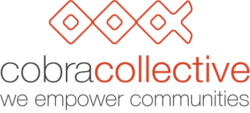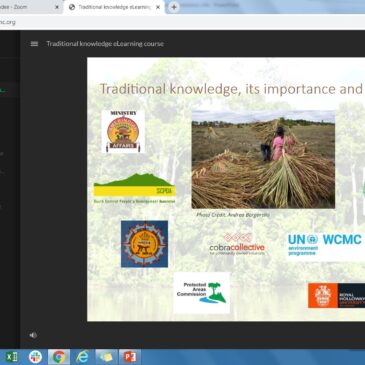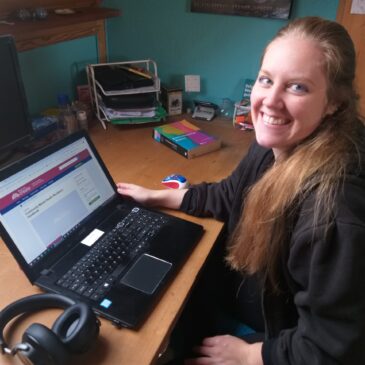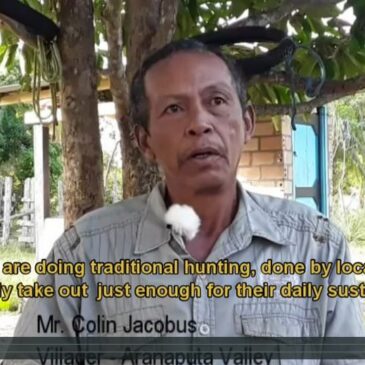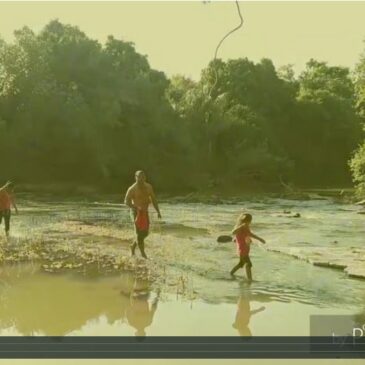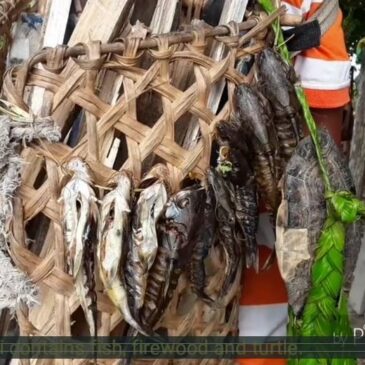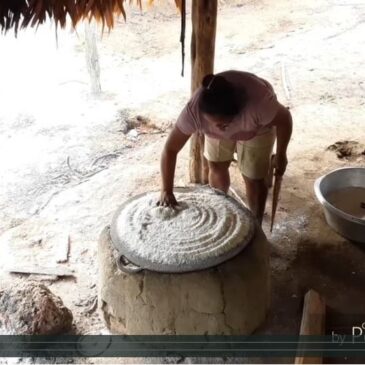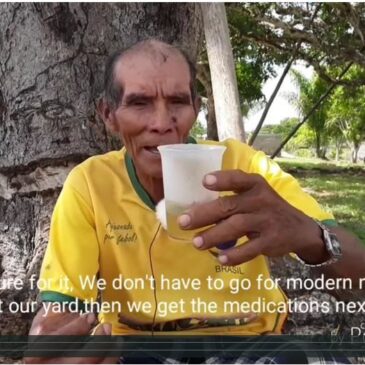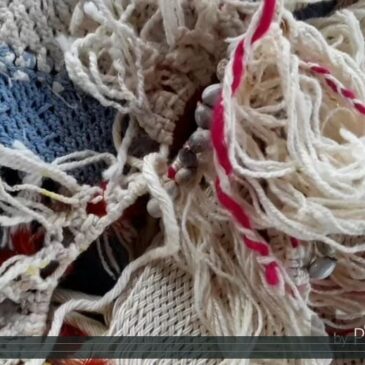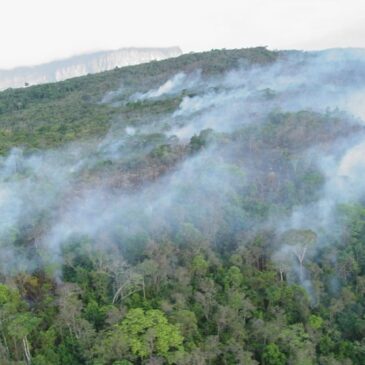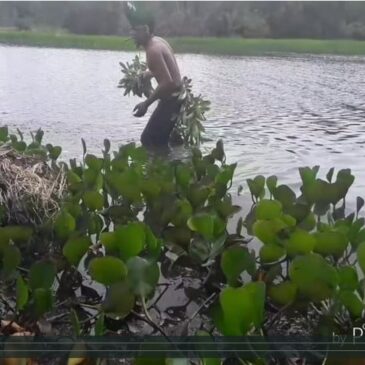Building capacity for improved inclusion of traditional knowledge
The Darwin Project in Guyana – “Integrating traditional knowledge into national policy and practice” this week facilitated a training course specifically aimed at building the capacity of decision-makers in the area of traditional knowledge. All project activities are aligned to support progress towards the achievement of the Convention on Biological Diversity (CBD)’s Aichi target 18. This course addresses the urgent call for increased levels of awareness and efforts to promote the inclusion of traditional knowledge at the national level. The … Read More
